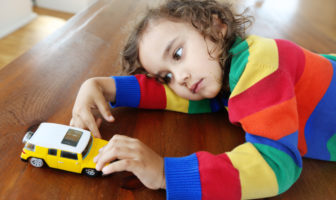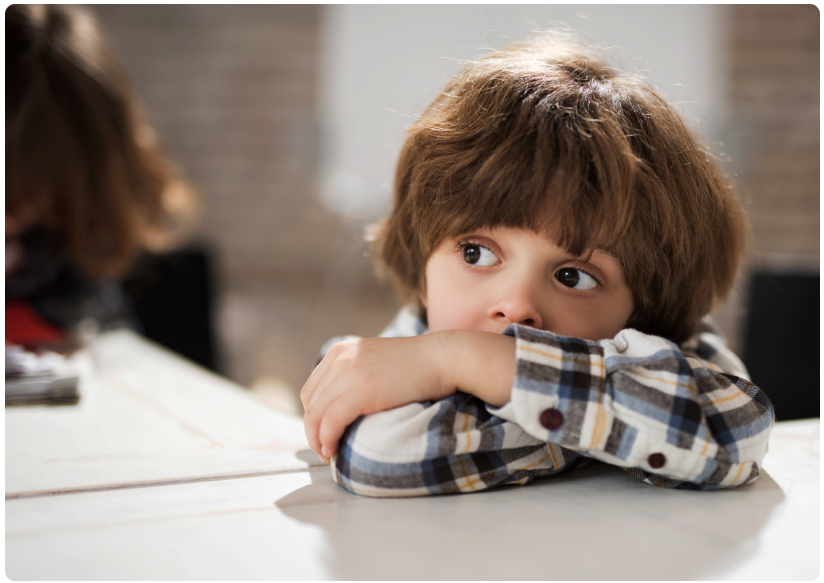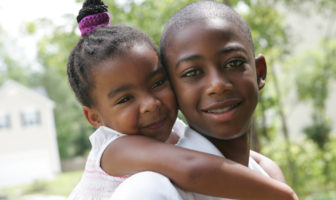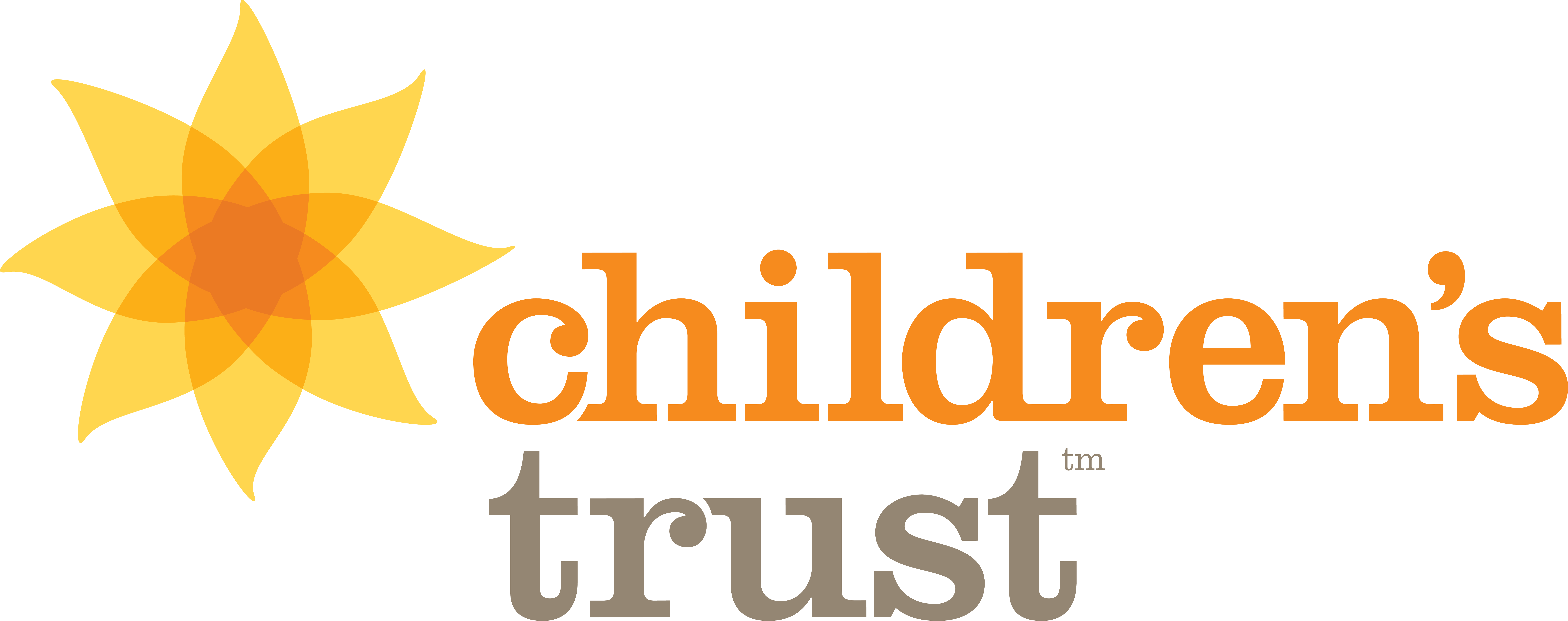Read this article for information on what parents can do to curb sibling bullying.

Bullying: What Parents of Preschoolers Should Know
As early as age three, children can understand the impact that their actions have on others and empathize with them.
Bullying behavior is not always easy for adults or children to recognize or define. Nor is it something that parents always think about before sending their child to daycare or preschool. Yet it does happen at this young age, and as a result, sometimes bullying in young children is ignored or misunderstood by adults. Parents should learn how to recognize bullying and what to do if their child is being bullied or is bullying others.
What is bullying and what does it look like?
Bullying is when a person or group of people intentionally use their power to hurt, frighten, threaten, or exclude another person. In young children it may be repeatedly calling a child a hurtful name, pushing a child down at the playground, or ignoring a child’s requests to play. On the other hand, a fight between friends or rough play between children with equal power is conflict, not bullying. It may be a challenge for a parent or teacher to immediately tell the difference between bullying and conflict so it is important to keep open communication with children and be on the lookout for power imbalances.
1 in 3 children report being bulliedstopbullying.gov (2014)
As early as age three, children can understand the impact that their actions have on others and empathize with them. This is when bullying behaviors can start to develop in children, but it is also when you can work with your children to develop their social and emotional competence. You can help your child build healthy relationships with peers by modeling for them good relationship skills like listening, sharing, and positively handling conflict. By showing your child these skills in action, and talking with them, you will help develop these essential life skills.

Unfortunately, bullying is very common; about one in three children report being bullied. As a result, parents should stay alert and pay attention to their child’s relationships and how they feel when they come back from school or childcare. If a child appears to be wary of a certain classmate or is sad when they come back from daycare ask them how they are feeling and if there is anything they want to talk about. The more you talk and listen to your child the more likely they are to share with you their challenges.
Bullying is not to be taken lightly as there can be serious consequences for everyone involved, the child who is bullying, the child who is being bullied, and the bystanders. Yet, being proactive as a parent and focusing on your child’s healthy social and emotional development can help your child navigate peer relationships and be better equipped to handle difficult social situations.
other articles and videos we love
Activities Guide: Enhancing and Practicing Executive Function Skills with Children and Adolescents
This guide contains a variety of age-appropriate activities that can help support and strengthen your child's learning and development skills.
Take a closer look at the brain of a developing child to understand how and why children learn and grow the way they do.






